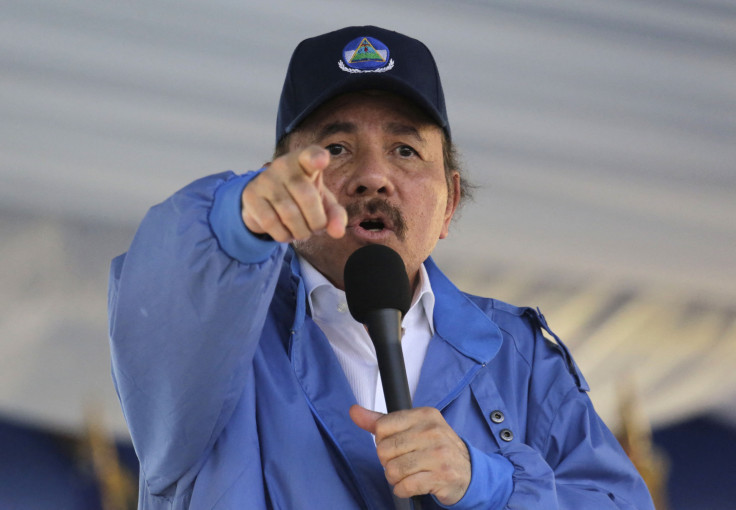
Back in August, it was revealed that a base located in southern Nicaragua had emerged as a significant center for Russian espionage, with its primary function widely believed to be monitoring communications across the country, especially in the local U.S. Embassy. It was the latest escalation in a strained relationship between the Biden Administration and Daniel Ortega's regime that has led to more than 100 political prisoners in the Central American nation.
Ortega himself has been a staunch critic of the U.S. for years and accused the country of backing 2018 protests in the country which left more than 300 dead and prompted the government to close over 5,000 NGOs and pass a law against those "undermining" the regime from abroad.
Ortega has also been using an open-border policy to leverage irregular migration as a "political weapon" to pressure the U.S. Or at least that was the biggest takeaway from an online forum organized by Expediente Abierto, which featured former Nicaraguan Vice Foreign Minister José Pallais, Spanish journalist Marc Marginedas and Argentine political analyst Ignacio Montes de Oca.
As of July 2024, over 5 million migrants are estimated to have entered the United States irregularly through Nicaragua over the past two years, highlighting the increasing use of this route in the region. For Pallais, who was stripped of his nationality by Nicaraguan authorities in 2023, said that "this strategy is part of what several experts call 'hybrid warfare,' where migration is not just a consequence of internal crises, but a geopolitical tool to destabilize target countries," in this case the U.S.
The U.S. has criticized Ortega's open-door policy, which facilitates irregular migration through Managua, where charter flights arrive from Africa, Asia, and Europe. Back in May the Biden administration issued a policy alert to private companies, including airlines, of concerns about irregular immigration patterns and potential human rights abuses stemming from practices by the Nicaraguan regime.
Marginedas echoed Pallais's sentiment, drawing parallels between Ortega's tactics and those of Belarusian President Alexander Lukashenko, who has allowed irregular migrants into Europe as a form of political pressure. He noted that both strategies demonstrate close coordination with Russia, aiming to create "chaos" at U.S. borders, particularly ahead of the upcoming presidential election.
Montes de Oca further highlighted the mass migration from authoritarian regimes and collapsed economies like Venezuela, Cuba, and Nicaragua, pointing out that while migration can be seen as a humanitarian crisis, it also provides economic benefits to these governments through remittances, which have become a significant source of income.
© 2024 Latin Times. All rights reserved. Do not reproduce without permission.









